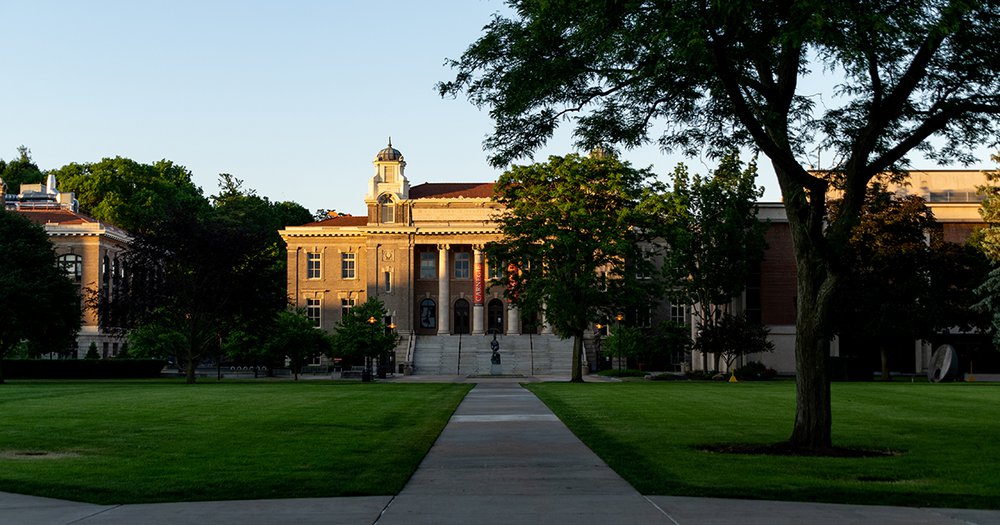Open Access: An International Student Perspective

by Euphemia Brewer Fasama (Maxwell School student from Liberia) and Prathamesh Pradip Datar (iSchool student from India), graduate student employees
Open Access week is October 21-27, 2019. Two student voices share their opinion, according to the theme “Open for whom?”
In an era where the world’s desire for unrestricted access and instant gratification is insatiable, Open Access may be a critical answer for scholars and researchers. Open Access provides the scholar and researcher with an opportunity to download and access information, articles, and other publications types at no financial cost to readers, as long as internet access through a library or mobile device is available. There are two methods used to deliver content through Open Access:[1] Open Access Archives or Repositories (referred to as “Green”) and Open Access Presses, Publishers, or Publications (referred to as “Gold”).
The author of the scholarly article or publication also benefits from publishing through Open Access. The author is able to have their work available for others to read, while retaining their intellectual property, rights and copyright. This format also provides them with immediate recognition and a potentially broad audience and promotes citations.
Today, a lot of public dollars are invested in research, so it stands to reason that the results of that research should be widely available through Open Access. Unfortunately, the publication of research is sometimes hidden behind financial, technical, and legal barriers. As we look at ways to share information and research freely between interested parties, we must explore all the obstacles or challenges to access and collectively identify ways to increase accessibility.
For example, according to Michelle EH Fournet’s podcast titled “Open Access Publishing and Equity, or Can I share this with my mom?” open access may not necessarily provide “equitable” access, yet. Michelle states that in most fields, especially the sciences, technical language and industry jargon is not always understood by the layman but is becoming more so over time. This poses a challenge. When terminology is broken down into everyday language, it much more translatable.[2] Another potential obstacle is the disparity to access the internet across the globe. Without full internet access, which is impacted by financial, technical and governmental barriers, not all information is accessible. A third challenge is the disparity of appropriate support for accessibility standards by the technical platforms. Some platforms are not equipped to provide translation and/or disability services for broad access.
Although there are challenges to continue to solve, the idea of providing scholars, researchers, and authors with access to build upon an existing body of knowledge is one of many steps in the right direction. Open Access is helping scholars and researchers to collaborate and grow together as a community,[3] sharing across the world.
[1] chemistrycommunity.nature.com/users/179817-michelle-eh-fournet/posts/40166-open-access-publishing-and-equity-or-can-i-share-this-with-my-mom
[2] legacy.earlham.edu/~peters/fos/brief.htm
